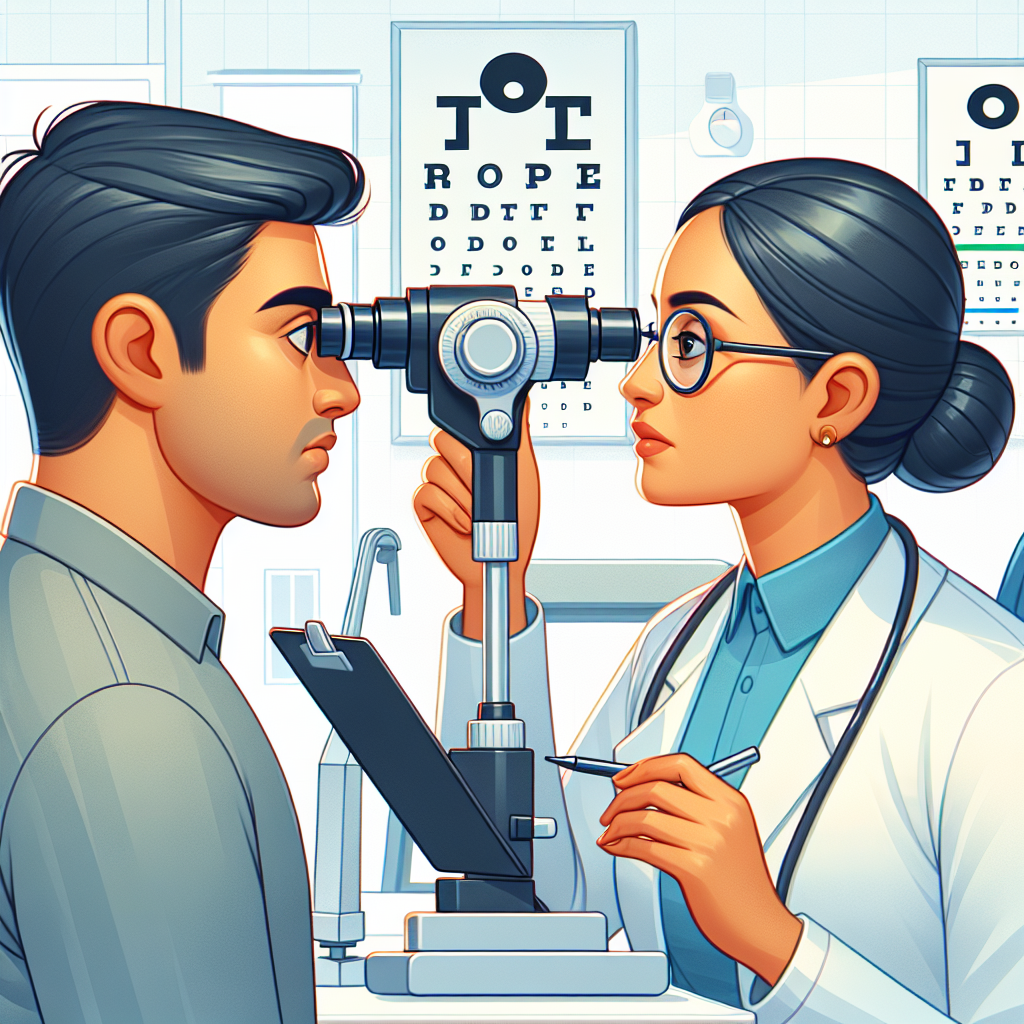The Fascinating Link Between the Retina and the Brain: An Extension of CNS

Understanding the Retina's Connection to the Brain
The retina is a remarkable structure that plays a crucial role in vision while also reflecting significant insights about our central nervous system (CNS). Researchers have recently highlighted that the retina is not just a mere component of our visual system; it is, in fact, an extension of the brain itself. This assertion arises from the shared tissue characteristics between the retina and the brain, suggesting a deeper connection that could impact our understanding of both neurological health and visual function.
The Retina: A Window into the Brain
- Brain Extension: The retina is composed of neuronal tissue identical to parts of the brain, indicating that much of our understanding of the brain can be observed through the retina.
- Visual Signals: It processes visual information and sends signals to the brain, allowing us to perceive the world around us.
Implications for Neurological Health
Understanding the retina’s connection to the CNS has numerous implications for research and medical practices, including:
- Early Disease Detection: Changes in the retina can serve as early indicators of neurological diseases, potentially leading to earlier intervention and treatment.
- Vision Science: Investigating the retina can deepen our insight into how visual processes relate to neurological functions, enhancing therapies for visual impairments.
Conclusion
As we continue to explore the intricacies of the retina and its relationship to the brain, new avenues for research and treatment emerge. Recognizing the retina as a part of the CNS not only aids in our understanding of vision but also opens doors to potential breakthroughs in neuroscience, making it an essential area of study for future medical advancements.
Understanding this fascinating link helps us appreciate the complexity of our neurological systems and the importance of vision in our overall health.
